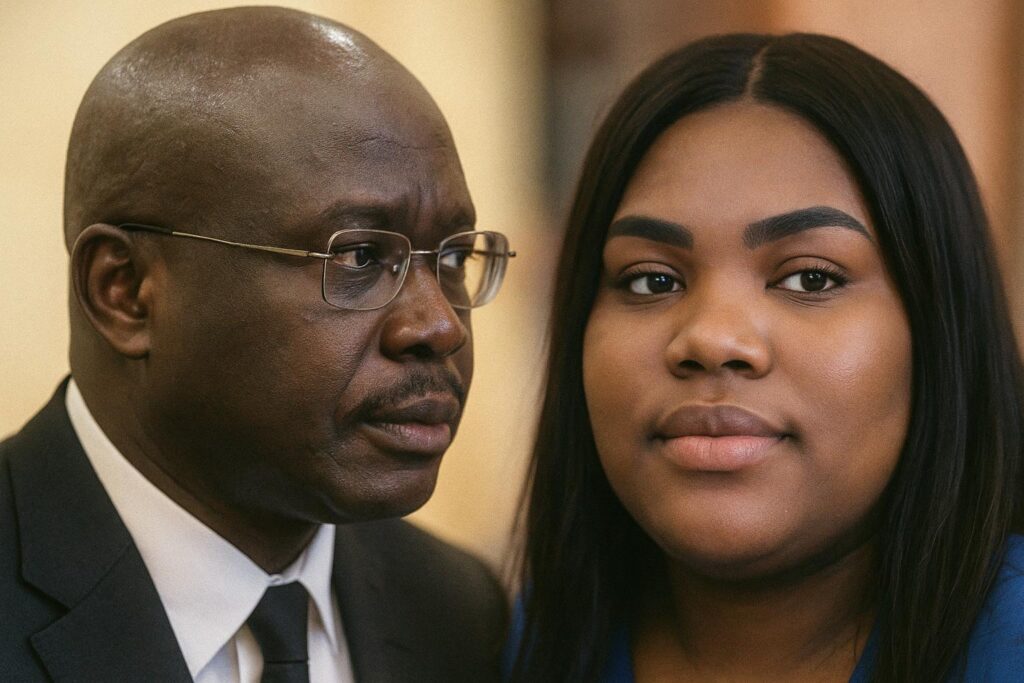South Sudan’s Prosecutorial Gatekeeping
Public attorneys in South Sudan review all complaints before investigators act, a layer of scrutiny largely absent elsewhere in the region.
They also validate every request for arrest, ensuring a judge signs off only after evidence meets Penal Code standards.
Debate Escalates Into Warrant for Majur
Yet these safeguards were bypassed after an online debate where Advocate Josephine Adhet accused Presidential Press Secretary Ambassador David Amuor Majur of intimidation, defamation and sexual assault.
A warrant followed despite Majur’s diplomatic immunity, and prosecutors apparently heard no counter-evidence before police prepared to act.
Is Position, Not Conduct, the Real Target?
Observers argue the episode reflects the vulnerability of prominent figures, whose titles attract quick legal salvos that can sway public opinion before courts weigh facts.
The author notes that, regionally, accused officials sometimes pay quietly to silence uproar, though he offers no evidence that such pressure applies here.
Advocate Adhet’s Previous High-Profile Suits
Critics cite Adhet’s past complaint against scholar Prof. Jok Madut Jok, which led to his airport arrest after he posted bail for a relative.
Another instance involved singer Lady Kola, briefly detained over a song allegedly promoting immorality, underscoring Adhet’s penchant for high-visibility defendants.
Growing Calls for Institutional Vigilance
Legal analysts therefore urge the Prosecutor General to audit warrant procedures, bolster merit-based staffing and rebuild confidence in the rule of law.
Some suggest Majur could seek civil remedies for alleged misuse of public office, a move that might clarify boundaries between influence, immunity and justice.


